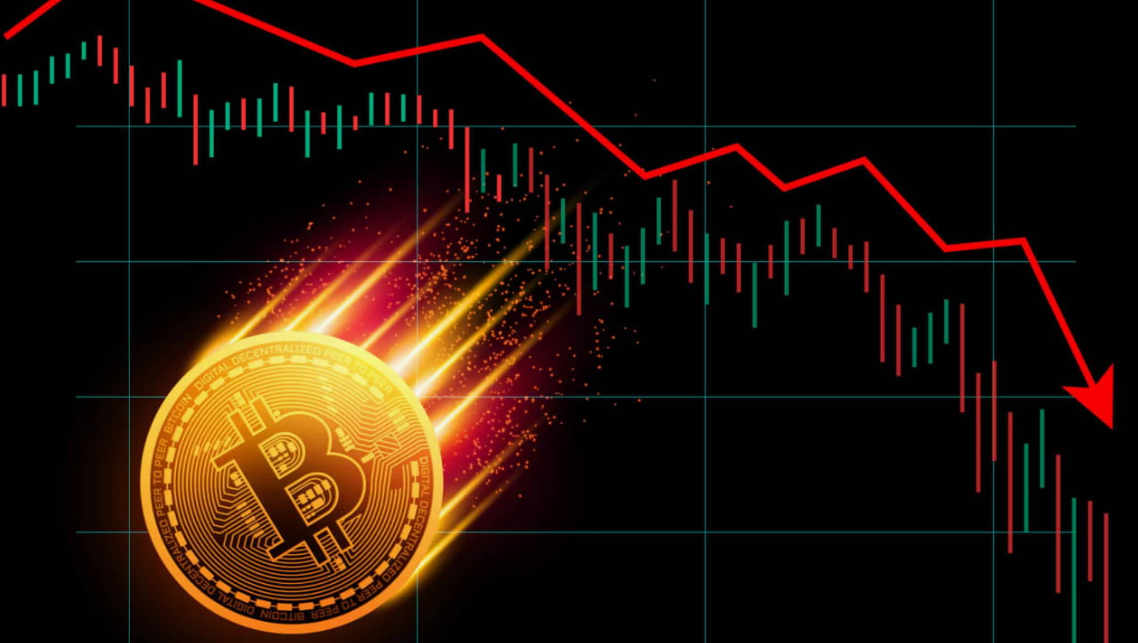Hey there, traders! Let’s talk about something that’s super important, especially in these crazy times: making informed trading decisions. Uncertainty can be nerve-wracking, whether you’re trading stocks, forex, or cryptocurrencies. But fear not! With the right mindset and tools, you can navigate the choppy waters of trading. This article is all about how to make those smart decisions even when the market feels a bit like a roller coaster.
Why Making Informed Decisions Matters
When the market is all over the place, it’s easy to feel overwhelmed. But making informed decisions is your best bet. Here’s why:
- Reduces Stress: Knowing you’ve done your homework takes the pressure off.
- Increases Confidence: When you understand your strategy, you’ll feel more secure about your trades.
- Maximizes Profits: Informed decisions lead to smarter trades, which means you could see better returns.
Key Elements for Informed Trading Decisions
So, how do we make these informed decisions? There are several key elements you need to keep in mind. Let’s break them down.
1. Stay Updated with Market Trends
The first step to making informed trading decisions is to keep your finger on the pulse of the market. Here are some ways to do that:
- Follow Financial News: Check out financial news websites or apps to stay informed about what’s happening.
- Use Live Data: Tools like FXpricing provide real-time forex rates, stock prices, and cryptocurrency trends. Having access to live data can help you react quickly to market changes.
2. Understand Technical Analysis
Now, let’s talk about technical analysis. This fancy term just means analyzing charts and data to predict future price movements. Here’s how to get started:
- Learn Basic Indicators: Familiarize yourself with common indicators like Moving Averages, RSI, and MACD. They can give you insights into market trends.
- Practice Reading Charts: Spend some time looking at charts to see how prices have moved in the past. This can help you identify patterns that might repeat.
3. Use Fundamental Analysis
While technical analysis is super helpful, don’t forget about fundamental analysis. This is about understanding the bigger picture:
- Look at Economic Indicators: Things like GDP, unemployment rates, and interest rates can influence market movements. Keeping an eye on these can help you make better predictions.
- Know the Companies: If you’re trading stocks, understanding the company’s financial health is crucial. Look at their earnings reports, news releases, and overall market position.
4. Develop a Trading Plan
Having a solid trading plan is essential. Here’s what to include:
- Set Clear Goals: Decide what you want to achieve, whether it’s a specific return or a certain number of trades per week.
- Choose Your Trading Style: Are you a day trader or a swing trader? Knowing your style can help you develop strategies that fit your goals.
- Risk Management: Decide how much you’re willing to risk on each trade. This is key to protecting your capital.
5. Stay Emotionally Balanced
Trading isn’t just about numbers; it’s also about emotions. Here are some tips for keeping your cool:
- Don’t Let Fear Rule You: It’s easy to panic when prices drop, but remember to stick to your plan.
- Avoid Overtrading: Sometimes, less is more. If you’ve had a few bad trades, take a step back and reassess.
6. Use Trading Tools and Resources
Don’t try to go it alone! There are tons of resources out there that can help you make informed decisions:
- Trading Platforms: Use platforms that offer advanced features like charting tools and news feeds. FXpricing’s customizable dashboards can be super helpful.
- Join Trading Communities: Engaging with other traders can provide insights and support. Consider joining forums or social media groups where traders share tips and strategies.
Real-World Example: How I Made an Informed Decision
Let me share a personal story to illustrate the importance of making informed trading decisions. A while back, I was considering a trade in a popular tech stock. The price had been bouncing around a lot, and I was tempted to jump in because I thought it would go up.
But then, I took a step back. I checked the latest earnings report and noticed their profits were down. I also looked at the news and saw a potential lawsuit against the company. So, instead of buying, I decided to wait and see how things developed. Turns out, the stock dropped significantly over the next few weeks. By taking my time and making an informed decision, I saved myself a lot of money.
FAQs
1. What is the most important factor for making informed trading decisions?
The most important factor is having access to accurate and timely information. Using tools like live data from FXpricing can really help!
2. How can I improve my technical analysis skills?
Practice makes perfect! Start by studying charts and familiarizing yourself with different indicators. There are plenty of online courses and tutorials that can help.
3. What should I include in my trading plan?
Your trading plan should include your goals, trading style, risk management strategies, and specific criteria for entering and exiting trades.4. How do emotions affect trading decisions?
Emotions can lead to impulsive decisions, like selling in a panic or buying out of greed. Staying calm and sticking to your trading plan is crucial.




